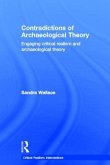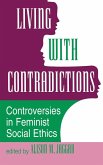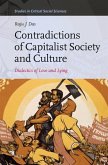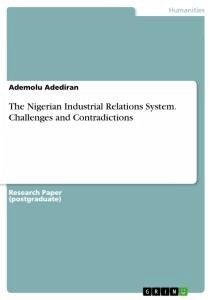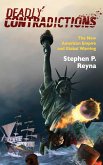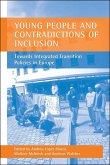After the experience of two radical and absolute dictatorships, such as the fascist dictatorship in Germany and the communist dictatorship in Russia, the world political landscape has shifted, at least in its official discourse, towards participatory governments. The predominance of this form of political organisation is largely due to the hegemonic role that the United States of America has acquired in the international arena, as a consequence of the collapse of the systems of government that were presented as an alternative to the democracy it advocates. However, despite the prestige gained by American democracy over the last seventy years, the 2016 presidential elections in the United States have made the international community reflect on its shortcomings and contradictions, as well as question its goodness. It is in the context of this panorama of disenchantment and doubt that this paper is developed, with the aim of analysing all the vices and defects that are present in "modern democracy", taking Donald Trump's political campaign as a paradigmatic example.
Hinweis: Dieser Artikel kann nur an eine deutsche Lieferadresse ausgeliefert werden.
Hinweis: Dieser Artikel kann nur an eine deutsche Lieferadresse ausgeliefert werden.


